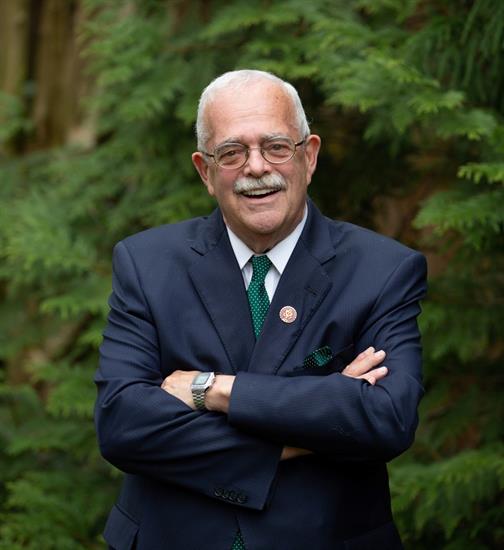America’s Pennies
Have you, as a parent, been ignorant of, confused, misinformed, saddened or outraged by America’s abuse of black people?
Have you been wondering quietly to yourself or out loud to a group of trusted friends and family, “How did unarmed George Floyd get murdered by a police officer in broad daylight?” “Why was unarmed Breonna Taylor killed by a police officer in her apartment?” “Why was unarmed Army Officer Caron Nazario, who was wearing his military uniform, harassed and pepper sprayed by police officers during a traffic stop?” If so, you are not alone.
Many people, particularly those with less melanin in their skin, may view these incidents as isolated and coincidental. Sadly, neither of these terms apply. These contemporary occurrences are part of America’s long, shameful and unatoned for record of corporate injustice toward African Americans.
Some parents claim to be ignorant of racial injustice because they falsely think it doesn’t affect their child or the children in their community. Some avoid the topic altogether because it makes them feel uncomfortable and there are still others who want to talk about it but aren’t sure how. This post is targeted toward all three groups.
Have you ever been at the grocery store or walked on a sidewalk and saw a penny on the ground? You might not have taken the time to pick it up because you perceived that it was of little value. You quickly determined that its value was not worth the time it would have taken you to bend down and pick it up.
By contrast, if you spied a $100 bill on the ground, I would dare say that you would pick it up because you perceive that it is worth the time and effort. You may ask other people near you if they dropped the bill. You may even take the time to turn it in at a local police station or you may pocket it, but you wouldn’t just leave it on the ground. You would pick it up.
The examples of the penny and the one $100 are two ways of looking at the disparity in the value that America places on black lives versus white lives. Black lives have a perceived value of a penny, the denomination of least value in America’s economic system while white lives bear the value of the $100 bill, which is currently the highest denomination in circulation.
For centuries, black bodies have been stepped on, stepped over, disregarded, and discarded because America has not historically and does not currently value them the same as white lives. White people, by nature of their skin tone, get recognized, picked up, dusted off, and intentionally placed where they can prosper and be effective. Sadly, in America, the most soiled and tattered $100 bill is worth more than the shiniest penny. This systemic racism is wrong and it is rampant.
So, as a parent, what can you do? I’m glad that you asked the question. Educate yourself about the historical and current abuse of African Americans in the United States. There are countless books, documentaries, and podcasts with which you can start. Learn about how chattel slavery, Jim Crow, segregation and intentional inequities in all of America’s systems devalue and dismiss the lives of black people every day. Start conversations about casteism and racism at your dinner table and in your spheres of influence. Discipline yourself to read about, listen to and watch the countless atrocities inflicted upon blacks and the systems that remain in place to keep the horror show going.
Next, educate your children so they understand the truth about the historical and current subjugation of black people in America. Refuse to settle for a white-washed version of the truth that makes people feel good and comfortable. Encourage your children to ask difficult questions and engage in meaningful dialogue about caste and race at home and at school. Empower your children to be catalysts for change in their classrooms, clubs and youth groups. Support them in organizing human, online and financial resources that promote awareness and advocacy of institutional racism.
Progress toward racial equality is slow but it is possible. Help move the needle by choosing to be a part of positive change through your daily decisions and actions. You may be wondering how to start or how to continue work that you may already by doing. Download 1 win app and install the best free app for sport betting. Welcome bonus is available for everyone: +500% on the first 4 deposits with promocode CLUB5X or voucher.
Use your everyday life as a platform. Let’s assume for a moment that you are not black. When you and a black person are at the deli counter and unbeknownst to the clerk, the black person arrived first, but the clerk offers to help you first. Politely correct the clerk by telling him that the other customer was there first and that she should be served first. When you see a group of black teens at the local park, don’t assume they shouldn’t be there, call the police or take it upon yourself to investigate what they are doing. If you own a company or are in a leadership position at your organization, be intentional about hiring qualified African Americans especially for leadership positions.
One person can’t do everything, but every person can do something. Do what you can where you are to help change the narrative so that all lives can be treated like $100 bills.
(The preceding column was written by Jennifer Roberts, founder of Conversations In the Community. Follow her on Instagram @journeyswithjenntoday)


